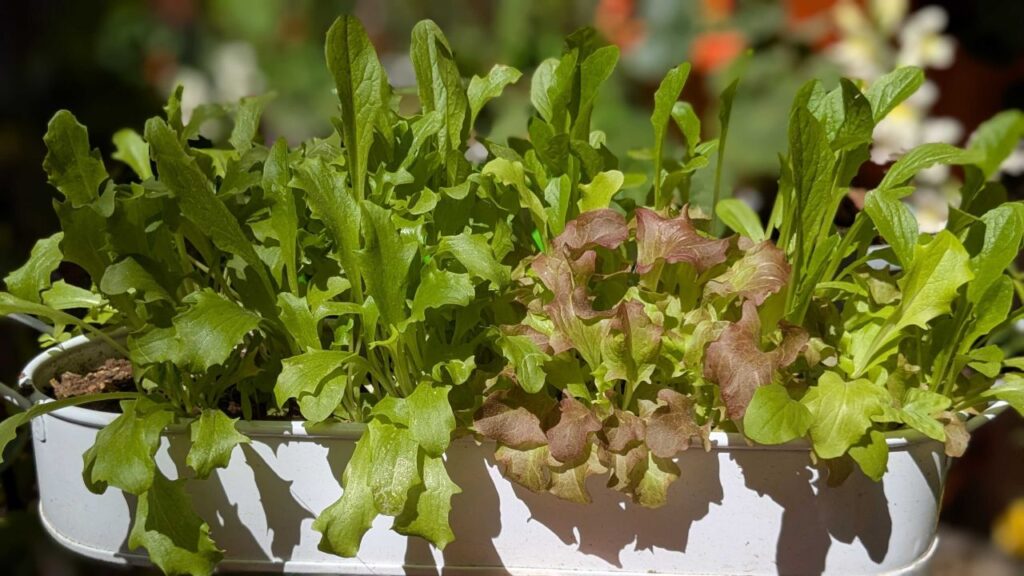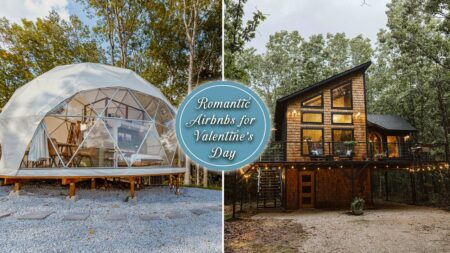Waiting to buy a house with a big garden so you can start your gardening journey? Well, don’t. You can grow vegetables in the smallest of spaces, such as a balcony or even a windowsill using containers. I used to think that you need a big space, essentially a garden, to grow food. It wasn’t until six years ago that I got an apartment with a 15×2 feet balcony and thought to grow basil and tomatoes.
In no time, my balcony garden grew big enough to produce peppers, broccoli, salad greens, and flowers. I even added a blackberry bush this year. Sure, my landlord sometimes gets crabby about me using the balcony in this manner, but hey, I get fresh farm-to-table produce, so who cares?
With a little determination and knowledge, you can achieve what I did. Most of what I grow is in containers and pots, which don’t take up much space and provide a controlled growing environment. To help you start your gardening journey today, here are my top picks for the best vegetables that you can grow in containers and pots.
Vegetables to Grow in Containers and Pots
There are many vegetables, herbs, and even fruits that can be grown in containers and pots. Most of these require no special care, just sunlight and water, and soon you can plate beautiful produce right from your container garden.
Tomatoes
Tomatoes grow happily in containers, about 10 gallons. One thing you should keep in mind is to water frequently, as they can get pretty thirsty. Plant one tomato plant per container, and add a trellis or support to help the plant in windy conditions.
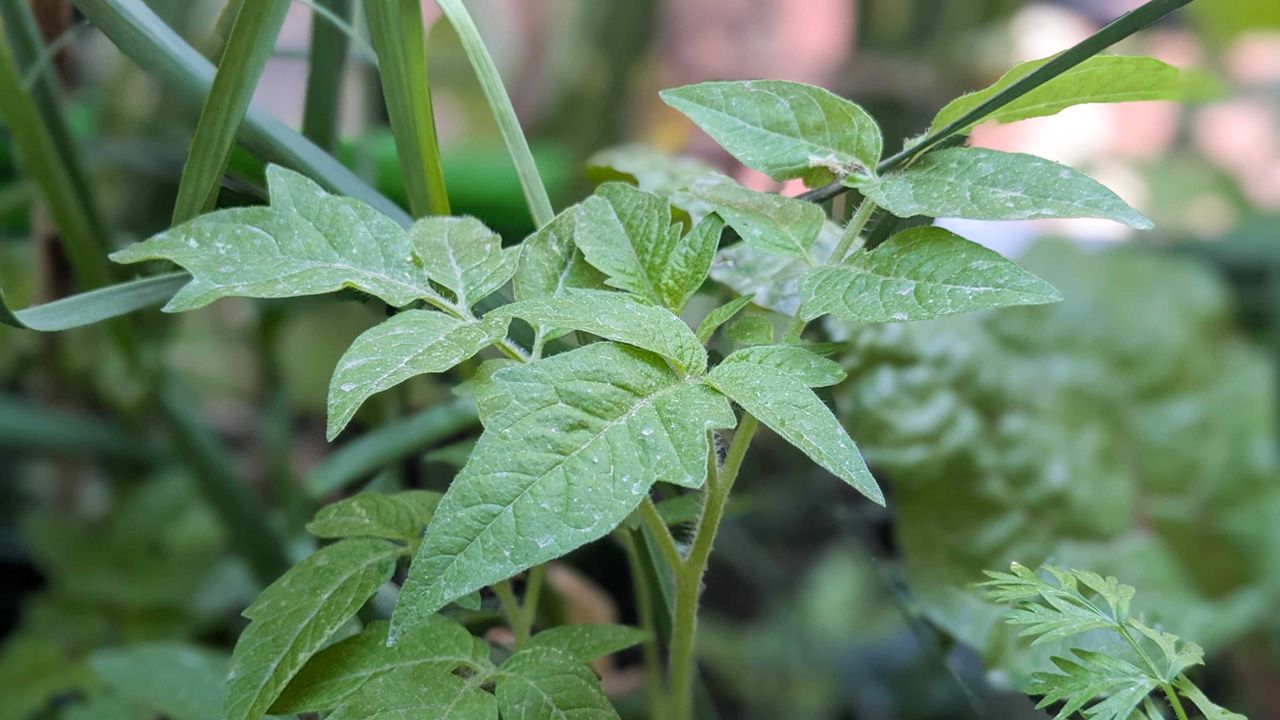
Peppers
Another vegetable that thrives in containers and pots is peppers. Give them good drainage and warmth, and soon they will be loaded with more fruit than you know what to do with. Pick containers sized 5-gallon or larger.
Citrus Trees
I love growing lemons in my small garden. The tree is small, but it does well for me. Since the roots of these can grow rampant in open gardens, containers limit their size and you can add more varieties. If you want to grow a citrus tree in pots, use a 15-20 gallon container.
Potatoes
I grow potatoes in containers as it makes harvesting so simple and satisfying. You can just dump the container on a big bag or tarp when the potatoes are done, making the entire process seamless.
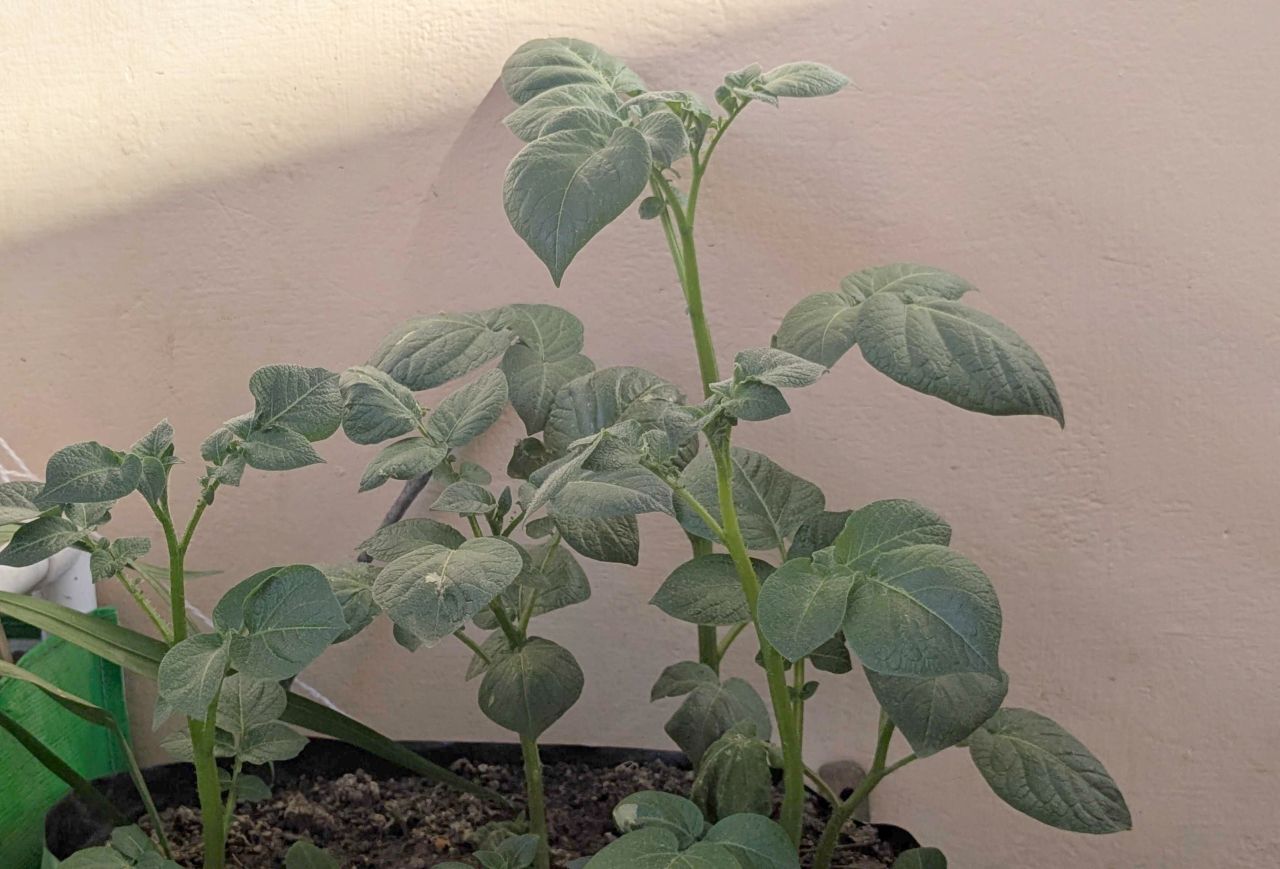
Eggplants
Smaller eggplant varieties (fairytale and bambino) thrive in containers. The plant likes warm soil, which containers are perfect for even in the early spring. Once they reach about a foot-tall, add stakes to support the branches.
Garlic
If you choose a big enough pot (about 2-gallon or larger), you can grow garlic in containers. There are only two things you need to know about growing garlic: mind the spacing between each garlic clove when planting (keep a distance of about 5 inches), and don’t overwater.
Salad Greens
Salad greens like lettuce, kale, and arugula don’t need much space to grow. You can grow them in small pots and place them in sunny locations. Check out my complete guide on how to start a salad garden this year.
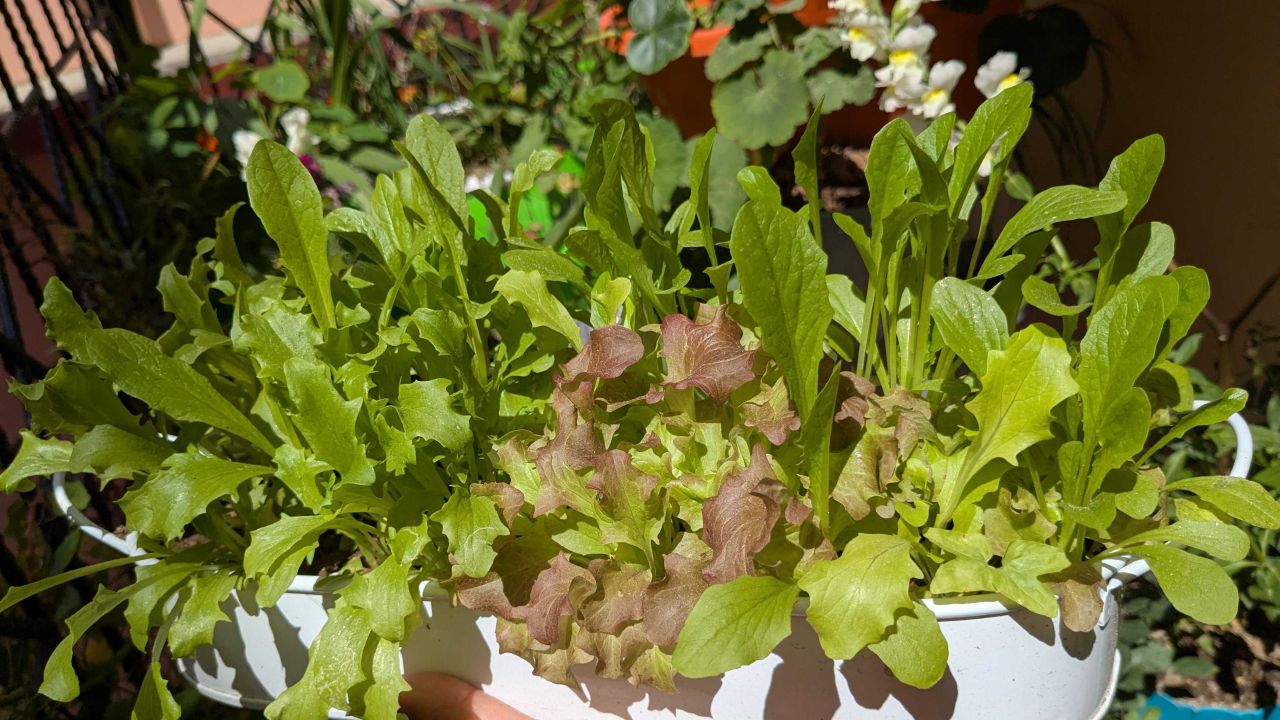
Herbs
Almost all the herbs can be grown in small containers and pots. This includes basil, rosemary, thyme, mint, oregano, chives, and sage. Since most herbs love heat, container growing is the ideal option.
Swiss Chard
Another vegetable that thrives in small containers, upward of 2-gallons, is Swiss chard. The vegetable can tolerate a little cold and a little heat, making it perfect to start in early spring and fall. And it is easy to start from seed.
Strawberries
Growing strawberries is a wise option as it keeps them off the ground and away from pests. Best yet, grow them in the viral grow towers, which makes it easier for you to manage the runners and spawn new plants.
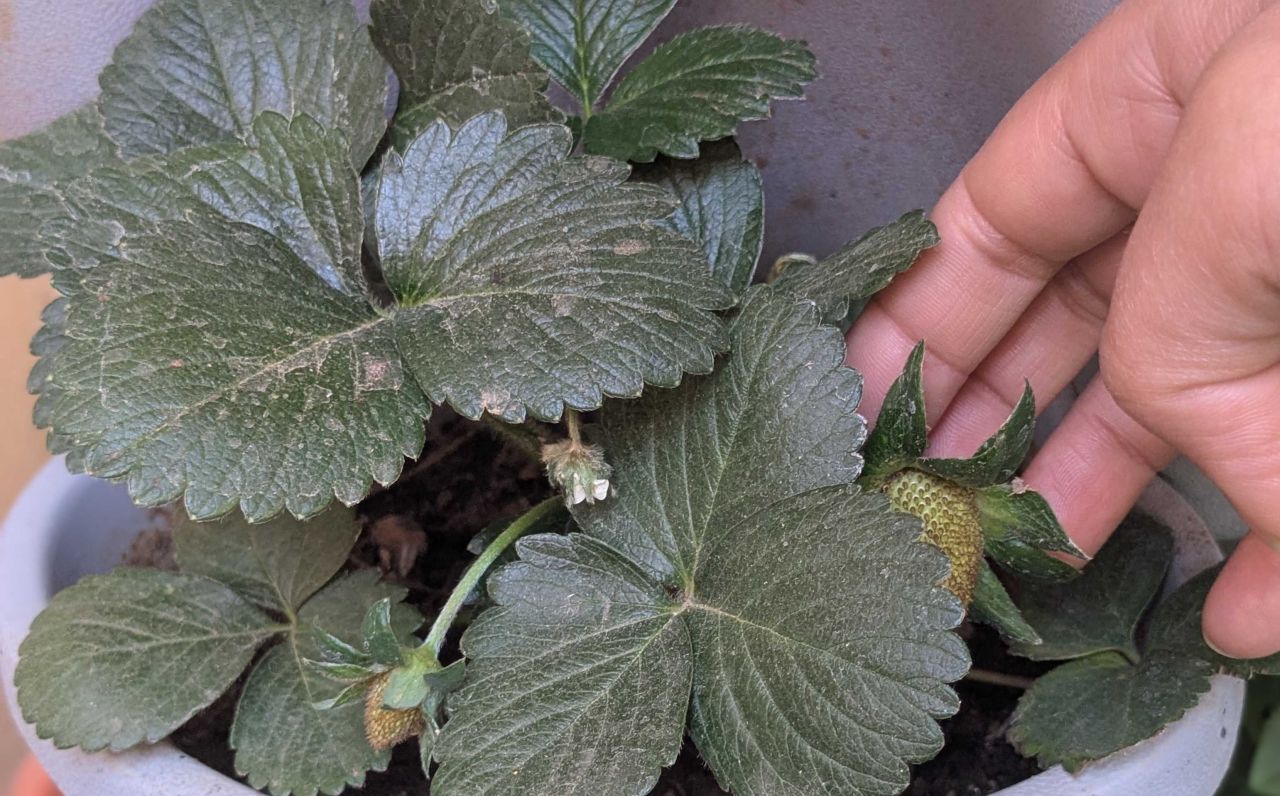
Benefits of Vegetable Container Gardening
Now that you know what you can grow in containers, you should probably read up on the benefits of container gardening to clear up any remaining apprehensions. Here are a few advantages of growing vegetables in containers:
Provide More Heat: The soil in containers warms up quickly than the garden beds, offering more heat to the vegetables for optimum growth.
Suitable for Small Space: Containers allow you to grow food in small spaces by using otherwise unused areas such as balconies, rooftops, or places with paving or poor soil.
Versatility: Container gardening lets you grow produce in versatile setups such as a balcony, patio, backyard, indoors, or even windowsills.
No Weeding or Tools Required: The best thing about vegetable container gardens is that they don’t need any weeding like traditional garden beds or special tools.
Controls Space Invaders: This type of garden also works best for controlling space invaders like mint or bamboo, which can grow rampant if let loose on garden beds.
Now that you know the vegetables to grow in containers and the benefits of container gardening, get going and start your garden today. There is no more excuses now, are there? Happy gardening, folks!
Follow Homecrux on Google News!
